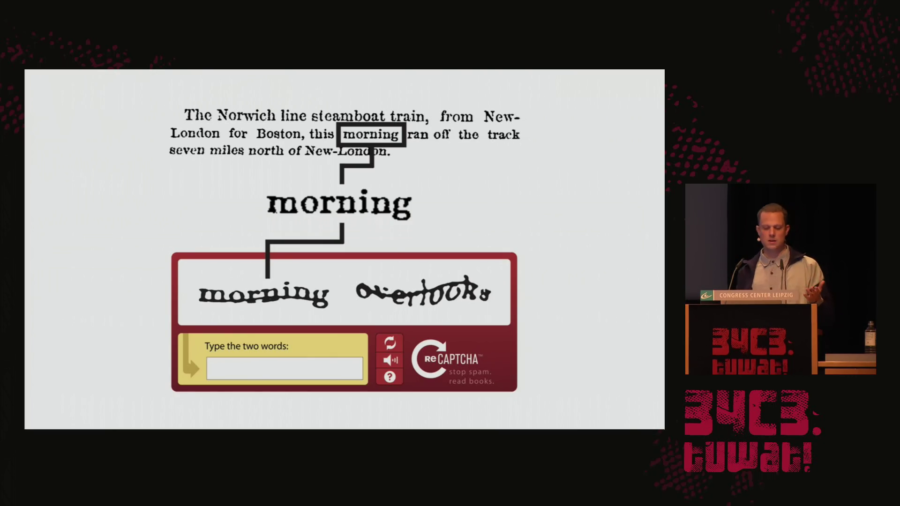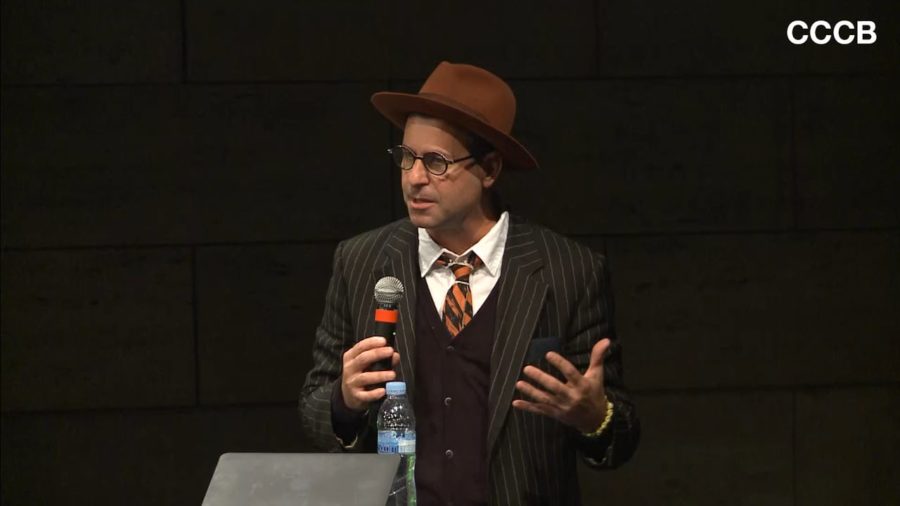Rather than begrudgingly pushing society forward to be ready, I ask designers to critically reflect on the limitations of their own design practices and to remember that to design for one intersection of society—namely, affluent middle-to-upper-class white American men—does not mean that those designs will work for those who do not identify as such. Even with modifications.
Archive

What is this condition? I would summarize it as people extending computational systems by offering their bodies, their senses, and their cognition. And specifically, bodies and minds that can be easily plugged in and later easily be discarded. So bodies and minds algorithmically managed and under the permanent pressure of constant availability, efficiency, and perpetual self-optimization.

I think that what I want to say is that the polemics around the discourse of the Web are too binary. I think that one of the problems that we have in theorizing the Web is that we tend to moralize it in binaries. I get it. It’s bad. The Web is bad for you. Or the sort of free culture is always like, “It’s really good. It’s great. Free culture is great.” It’s neither.


